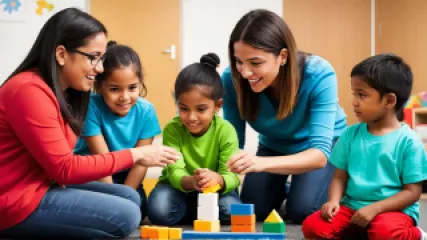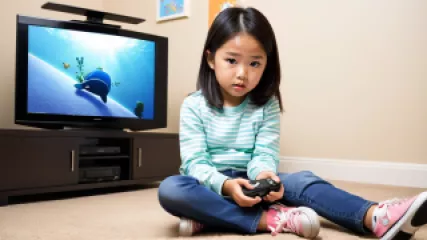How to Overcome Mental Health Stigma: A Step-by-Step Guide
1 year ago
Mental Health Stigma
10 Proven Strategies to Overcome Creative Blocks
1 year ago
Overcoming Creative Blocks
5 Steps to Take a Mental Health Break for Improved Well-being
1 year ago
Mental Health Break Importance
10 Compelling Reasons to Take a Mental Health Break
1 year ago
Mental Health Break Importance
10 Proven Benefits of Mindful Listening for Anxiety Relief
1 year ago
Mindful Listening Benefits
10 Proven Strategies to Overcome Creative Blocks
1 year ago
Overcoming Creative Blocks
5 Self-Help Practices to Master Relaxation
1 year ago
Techniques for Relaxation
Lessons from 'The Shawshank Redemption' for Understanding Psychology Fundamentals
1 year ago
Psychology Fundamentals
My Journey Building Resilience as a Child
1 year ago
Childhood Resilience Building
How to Overcome Creative Blocks: A Step-by-Step Guide
1 year ago
Overcoming Creative Blocks
Expert Insights on Helping Kids Build Resilience
1 year ago
Childhood Resilience Building
Overcoming Disappointment: My Journey to Finding Hope
1 year ago
Dealing with Disappointment
Exploring the Impact of Child Media Exposure on Childhood Mental Health Awareness
1 year ago
Child Media Exposure
Understanding Therapeutic Interventions in Psychology
1 year ago
Psychology Fundamentals
15 Proven Strategies for Overcoming Disappointments
1 year ago
Dealing with Disappointment















